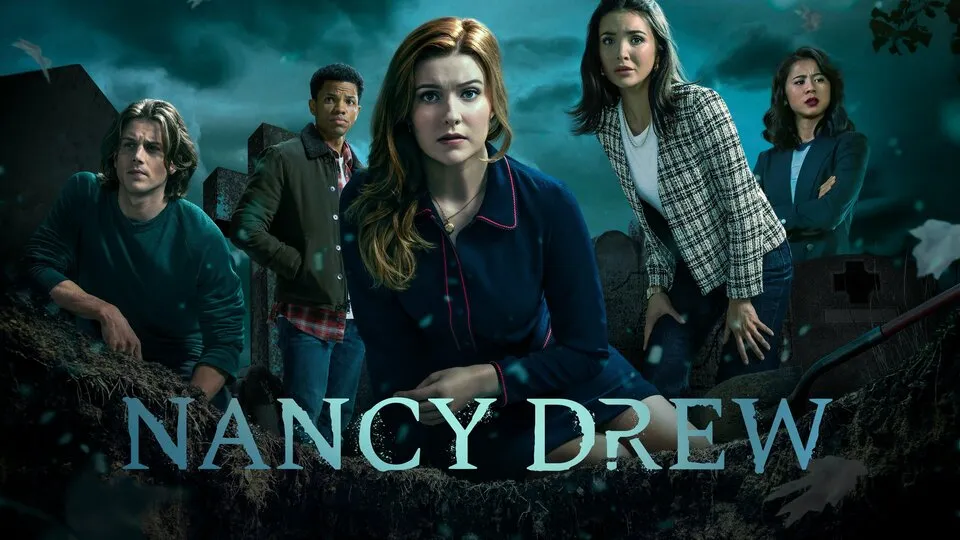A Brutal Tale of Vengeance and Survival
Jennifer Kent, the acclaimed director of The Babadook, returned in 2018 with The Nightingale, a harrowing historical thriller that stunned audiences with its raw brutality and emotional depth. Set in 1825 Tasmania during the height of British colonial expansion, the film is both a revenge story and a haunting critique of oppression, violence, and systemic cruelty. While controversial for its unflinching depictions of violence, The Nightingale stands as a bold and uncompromising work of cinema.

The story follows Clare, an Irish convict played by Aisling Franciosi, who serves her sentence under the command of Lieutenant Hawkins, a ruthless British officer. Desperate to be free from servitude and start a new life with her husband and infant child, Clare begs for her release. Instead, she becomes the victim of Hawkins’ repeated abuse. When a horrific act of violence shatters her world—leaving her family dead—Clare embarks on a quest for revenge. Determined to track down Hawkins and his men through the unforgiving Tasmanian wilderness, she enlists the help of Billy, an Aboriginal tracker played by Baykali Ganambarr, who carries his own wounds from colonial oppression.
Their journey is as much about survival as it is about vengeance. Clare’s relentless pursuit is fueled by rage, grief, and despair, while Billy’s quiet resilience reflects the devastating toll of British colonization on Indigenous Australians. Initially distrustful of one another, Clare and Billy slowly form an uneasy bond. Through their fragile connection, the film explores themes of trauma, cultural destruction, and shared suffering under systems of oppression. Their evolving relationship provides moments of tenderness amid the overwhelming brutality.

What sets The Nightingale apart from more conventional revenge thrillers is its refusal to sensationalize violence. Jennifer Kent presents brutality with stark realism, forcing audiences to confront its impact rather than consume it as entertainment. This approach sparked heated debate, with some viewers walking out during festival screenings due to the graphic nature of its early scenes. Yet Kent defended these choices, arguing that the violence is central to the story’s authenticity and historical honesty. By doing so, she crafts a film that challenges audiences to reckon with the inescapable horrors of colonialism and misogyny.
Aisling Franciosi delivers a remarkable performance, portraying Clare with both fragility and ferocity. Her transformation from a silenced victim to a determined avenger is as heartbreaking as it is inspiring. Baykali Ganambarr is equally compelling in his feature debut, embodying Billy with quiet strength, humor, and deep sorrow. Together, their performances anchor the film with emotional resonance.
Visually, The Nightingale is stunning in its starkness. Shot in the dense Tasmanian forests, the cinematography captures both the natural beauty of the land and the menace lurking within it. The contrast between lush wilderness and human cruelty underscores the film’s central theme: the collision between innocence and brutality. Kent’s use of natural lighting and long takes further immerses the audience in the harsh reality of Clare and Billy’s journey.
Upon release, The Nightingale divided audiences but earned critical acclaim. It won the Special Jury Prize at the Venice Film Festival, and Baykali Ganambarr received the Marcello Mastroianni Award for Best Young Actor. Despite its difficult subject matter, critics praised the film’s courage, artistry, and emotional power.
Ultimately, The Nightingale is not an easy film to watch, but it is an essential one. It confronts the darkest aspects of history and humanity while telling a deeply personal story of survival, grief, and fragile connection. By blending historical realism with emotional intensity, Jennifer Kent created a film that lingers long after the credits roll—a haunting meditation on the cost of vengeance and the resilience of the human spirit.
-1751877335-q80.webp)

-1751966804-q80.webp)
